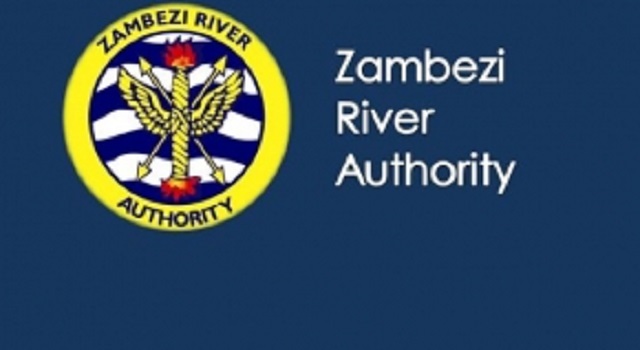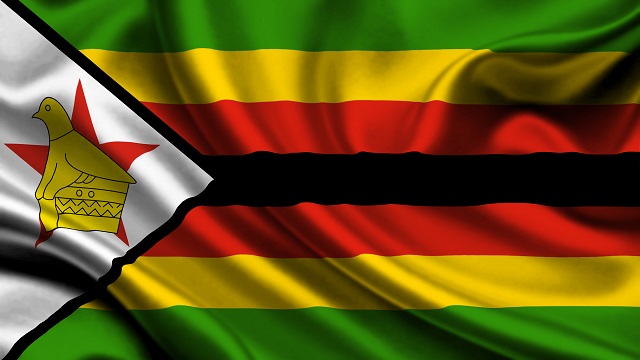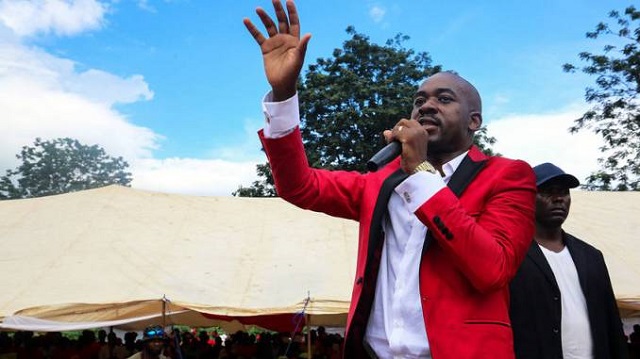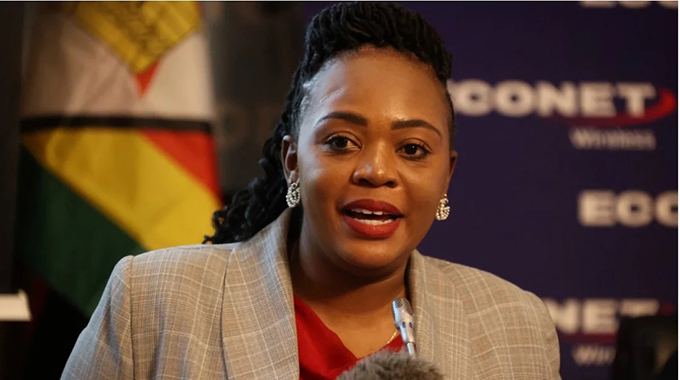Zambia, Zim to expand ZRA board and Council of Ministers

Leonard Ncube in Victoria Falls
ZAMBIA and Zimbabwe have resolved to expand the Zambezi River Authority (ZRA) board as well as the Council of Ministers as both countries show commitment to kick-start implementation of the Batoka Gorge Hydro-Electric Scheme (BGHES).
ZRA was born following the disbanding of Central African Power Corporation (CAPCO) in 1987 and is co-owned by Zimbabwe and Zambia.
It is mandated to manage water and other projects along the Zambezi River, which the neighbouring countries share.
Currently, ZRA has a Council of Ministers comprising Ministers of Finance and their Energy and Power Development counterparts from both countries.
There is also a board made up of permanent secretaries in the same ministries from both countries who are also joined by two independent individuals to make a six-member board.
Attorney Generals from both countries are also involved in the operations of ZRA.
Speaking in Victoria Falls recently, ZRA board secretary corporate services Mr Peter Kapinga said a resolution had been passed to include Ministers of Water and their permanent secretaries for the Council of Ministers and board respectively.
“A need has arisen to include the ministers of water from both countries who have not been members of the council.
“Water and energy are Siamese twins hence we can’t leave out that ministry because either side tends to lose out in terms of development. Also, for the authority to benefit, it is important that we include the two ministers,” he said.
Mr Kapinga said the Council of Ministers currently has four ministers and will now have six from the two countries once the resolution is effected.
In terms of the board, Mr Kapinga said two permanent secretaries from each country will be seconded to add to the current six member grouping.
He said the Council of Ministers will soon meet to adopt the resolution after which both countries’ legislators will ratify it.
“We expect the Council of Ministers to convene next month to adopt the resolution, which will then be pushed to both Parliaments for amendments to be done to the ZRA Act,” added Mr Kapinga.
Meanwhile, ZRA has roped in Hwange Rural District Council (HRDC) and Victoria Falls Municipality (VFM), which are directly linked to the project in an effort to get buy-in from all stakeholders. ZRA chief executive officer Mr Munyaradzi Munodawafa said engagement with possible contractors was underway with actual work set to begin next year.
Viewed as the panacea to electricity problems facing Zimbabwe and Zambia, the Batoka Gorge project will see two power stations being constructed to produce a combined 2 400MW to be shared by the two countries.
The dam wall, which will be located 54km downstream from Victoria Falls, will be 181 metres high, a safe height to avoid flooding the resort town.
The dam’s backwash will go as far as Victoria Falls Hotel, dam engineers said.
A total 6 000 jobs will be created to be shared among the two countries and ZRA has vowed to empower locals on either side of the Zambezi River.
The dedicated power line will run from the station to Gokwe-Chakari, which is Zimbabwe’s Central Transmission System while another one will go straight to Hwange Power Station. Another dam will also be constructed at the Devil’s Gorge about 40km downstream from the dam at the tail end of Kariba Dam in Mlibizi.
There will also be a bridge across the Zambezi River about a km downstream from the dam wall to connect the two countries.
@ncubeleon











Comments